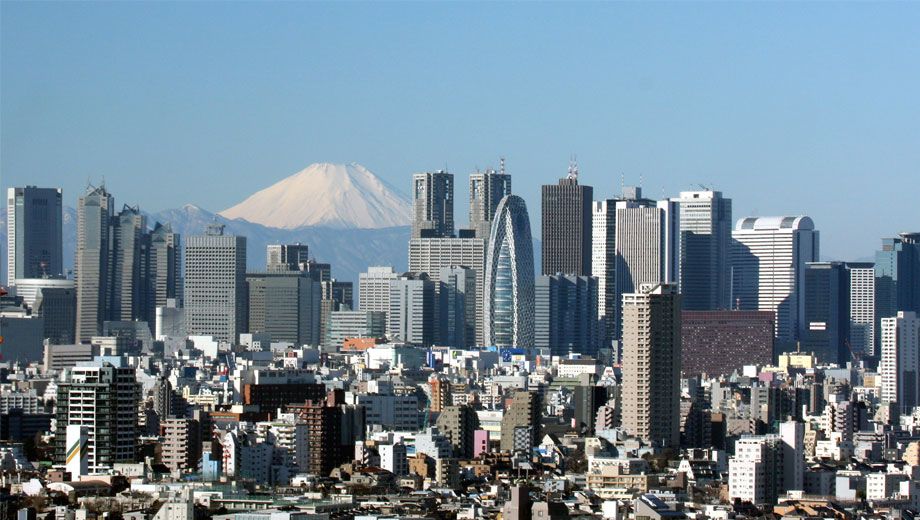Australian Government to Japan travellers: Leave now, Tokyo unsafe

Australia's DFAT Smartraveller safety warning level against travel to Japan has been raised even further, urging Australians to avoid much of Japan (including Tokyo and its airports) entirely, and to "exercise a high degree of caution" in the rest of the country.
DFAT now advises: "Australians should not travel to Tokyo", and "Australians considering travel in parts of Japan unaffected by the earthquake and tsunamis should exercise a high degree of caution".
Late last night, the government warning was heightened to include the warning away from Japan's capital city and more than half of its largest island, Honshu. The warning states:
- Australians should not travel to Tokyo and northern Honshu due to disruptions to essential services, infrastructure damage, strong aftershocks and continuing uncertainty about the status of the Fukushima Nuclear Power Plant, unless their presence is essential.
- Australians in these areas should, unless their presence in Japan is essential, make arrangements to leave – either to Southern Japan or elsewhere.
- Australians considering travel in parts of Japan unaffected by the earthquake and tsunamis should exercise a high degree of caution on account of the impact of ongoing disruption to transport hubs in and around Tokyo and other parts of Japan.
- Australians considering travel in parts of Japan unaffected by the earthquake and tsunamis should exercise a high degree of caution on account of the impact of ongoing disruption to transport hubs in and around Tokyo and other parts of Japan.
- ARPANSA [the Australian Radiation Protection and Nuclear Safety Agency] recommended that Australians within 80 kilometres of the Fukushima Nuclear Power Plant move out of the area as a precautionary measure.
Central Tokyo is 250 kilometres southwest of Fukushima, although as our map of affected areas shows, Narita airport is closer to the damaged nuclear power plants, though still 210 km away.
Business travellers should consider the advice carefully, and not just for safety reasons. Travel insurers often refuse to pay out if the government is advising against travel to a country or region.
Qantas, Jetstar and many other airlines have decided to keep their aircraft in Tokyo as little as possible, adding stops to avoid keeping crews and planes at Narita airport.
Jetstar yesterday denied that a Tokyo direct flight was cancelled because its crew refused to stay overnight. The airline is now stopping overnight in Osaka instead.
Korean and Chinese airlines Asiana, Korean Air and China Southern are laying on extra flights, making connections in Korea and China a good option for business travellers leaving Japan -- although Chinese transit visa restrictions may make Korea a better choice.
Meanwhile, Air New Zealand CEO Rob Fyfe laid into TV media with a blistering public message after a visit to Tokyo to support airline staff, criticising interviews and television specials. Air New Zealand's Tokyo flights are continuing unchanged, with Fyfe stating: "the situation is completely safe for our staff resident in Tokyo and our visiting crews who are more than 200 km away from the nuclear power stations."
Hi Guest, join in the discussion on Australian Government to Japan travellers: Leave now, Tokyo unsafe